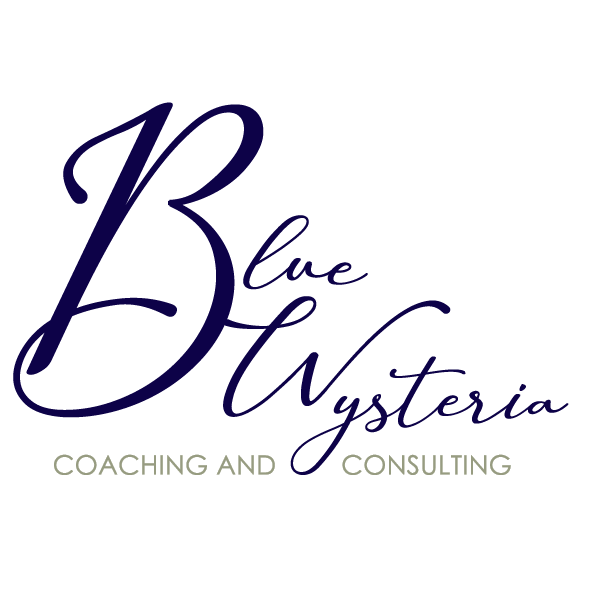Old Brains Can Learn New Tricks
By Kim Fons Natalie recently started a new role in her organization. She described her previous role as “where the rubber meets the road.” It was her responsibility to “get things done.” This new role was one she had been working toward for months, she loved it, and she knew she was good at it too. At the same time, she was feeling edgy and restless. She described it as a hum just under the surface that made her itchy to “do something, anything.” And then the self-doubt kicked in.
Natalie recently started a new role in her organization. She described her previous role as “where the rubber meets the road.” It was her responsibility to “get things done.” This new role was one she had been working toward for months, she loved it, and she knew she was good at it too. At the same time, she was feeling edgy and restless. She described it as a hum just under the surface that made her itchy to “do something, anything.” And then the self-doubt kicked in.
Natalie’s productivity used to be measured in projects completed and solutions implemented. Now, she leads the team that gets things done. She oversees the projects, monitors statuses, and connects with other teams. In short, it is her job to make sure her team can do their job. “I know how important it is, but I can’t shake the feeling that it is busy work. At the end of the day, I miss feeling like I have accomplished something.”
When we start new things or experience dramatic change, it can be difficult to let go of our old beliefs around success and make room for new ones. In one form or another, benchmarks for success usually center around quantity, flawlessness, uniqueness/creativity, completion, and others’ perception. Each can be completely valid or utterly flawed depending on the circumstances. In truth, success is almost always more nuanced than that, but the habit-forming part of our brain prefers simplicity.
In Natalie’s case, flawlessness and completion were key components of her former role while her new role depended heavily on creativity and building relationships with others (perception). By all accounts, Natalie was succeeding in her new role. The problem was her internally held ideas that no longer applied.
Sometimes, the change isn’t a new position, it is a new organizational culture. Blain was a software engineer at what he considered a traditional, established organization and transitioned to one of those high-tech space exploration companies. Blain worried that were moving so fast that he didn’t have the time to perfect or fully complete a project. His anxiety over making a mistake or saying something foolish had him working all hours of the night and remaining silent in every meeting. This organization was the epitome of cutting edge and valued creative ingenuity over perfection or output.
What if we are in the same organization, in the same position, and still feeling that uncomfortable feeling? It might not be so obvious what established beliefs are being challenged. We are all experiencing the “New Normal” in different ways.
Below are some questions to start unpacking what is going on:
- What are the thoughts or “shoulds” that keep running through your head?
- How did those help you in the past and how might they be getting in your way now?
- Which thoughts do you want or need to shift?
- What could you shift them to?
- What might change if you make this shift? What is the benefit? Why is it important?
So, here is the bad news. That this kind of change is hard. It will take PRACTICE. The good news is that you can take it one step at a time. Here are some common steps my clients go through:
- Figure out when the unhelpful thoughts usually pop up – Knowing when helps you prepare. If you don’t know off the top of your head, take some time (days, a couple weeks, whatever you need) and start to notice it. It might be helpful to write it down.
- Try to start noticing the unhelpful thoughts when they are happening.
- When you get to the point that you can notice the unhelpful thoughts when they are happening, PAUSE. Take a couple deep breaths if you need to. Remind yourself of why they are unhelpful and reframe it to the new thought.
*** This might feel artificial at first. With practice, shifting the thought will become easier over time. With a lot of practice, the new thought might become automatic.
- Reflect on how shifting your thoughts is affecting you. Notice what is changing. Celebrate the small successes. Even with the regular support of a coach, this is hard work. And when you feel discouraged, remember why this is important and PRACTICE some more.
If you want a little guidance with these questions and steps, reach out. We would be happy to spend 30 minutes answering any questions and helping you get started. No charge. We truly love what we do!
Blue Wysteria is a leadership and organizational coaching and consulting firm with clients around the world. We specialize in helping individuals and teams reach their fullest potential which can translate into better performance, increased productivity, greater job satisfaction and lower employee turnover, clearer goals being set and achieved!
Kim@BlueWysteria.com
www.BlueWysteria.com
608-290-8064
